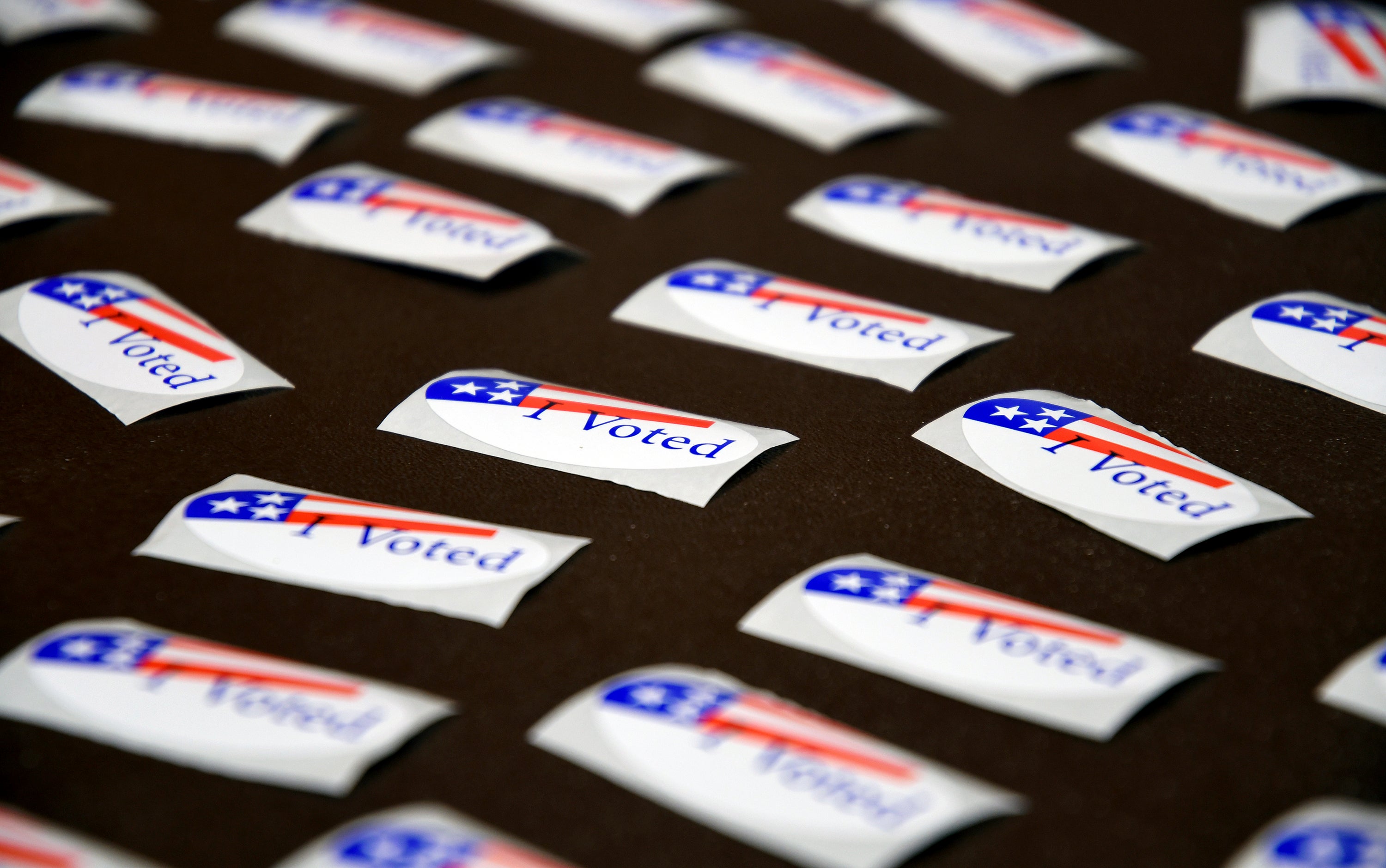EXPLAINER: How can the AP call races right as polls close?
The Associated Press could declare winners in some races in this year’s midterm elections at the moment polls close Tuesday

At the very moment polls close across the country Tuesday, The Associated Press could declare winners in some races in this year's midterm elections.
But how is that possible, before any results are released? Let's take a look at how the AP can declare a winner before the first ballots are counted.
First, a quick refresher on why and how the AP does this work: The country's founders didn’t set up a national agency for counting the vote. Each state does it a little differently.
On election night, the AP counts the nation’s votes, tallying the results of millions of ballots as reported by local election officials to come up with the overall total for thousands of races up and down the ballot. It’s been done like that since 1848, when the AP counted the vote that ended with the election of Zachary Taylor as president.
How the tally is counted includes tons of preparation, journalists in all 50 states and a network of roughly 4,000 stringers, or temporary freelancers.
So, what about those race calls that land as the moment polls close — before any votes have officially been counted?
Some are in uncontested races, or those with only one candidate on the ballot. And then there are races with multiple candidates, but in which a party or candidate has a past history of consistent and convincing wins.
In these states, the AP can use results from AP VoteCast, a survey of the American electorate aimed at determining why voters voted how they did, to confirm a candidate's victory.
“The results from the poll — along with our analysis of early voting and other statistics — confirm our expectation that longstanding political trends in these states will hold,” said David Scott, a senior editor who helps oversee AP’s coverage of elections.
Still, the AP won't call the winner of a race before the last polls close in a jurisdiction, including in states where the polls don't all close at once.
The AP does not make projections and will only declare a winner when it’s determined there is no scenario that would allow the trailing candidates to close the gap. Even if one candidate has claimed victory and others have conceded, Scott said, noting that declarations of victory can be premature and concessions can be withdrawn.
“It’s only when we determine that the trailing candidates no longer have a path to victory that we call a race and send the APNewsAlert declaring that a candidate has won,” Scott said. “In a small number of cases, that can happen as soon as all polls are closed.”
___
Check out https://apnews.com/hub/explaining-the-elections to learn more about the issues and factors at play in the 2022 midterm elections.
Follow AP’s coverage of the elections at: https://apnews.com/hub/2022-midterm-elections
Bookmark popover
Removed from bookmarks